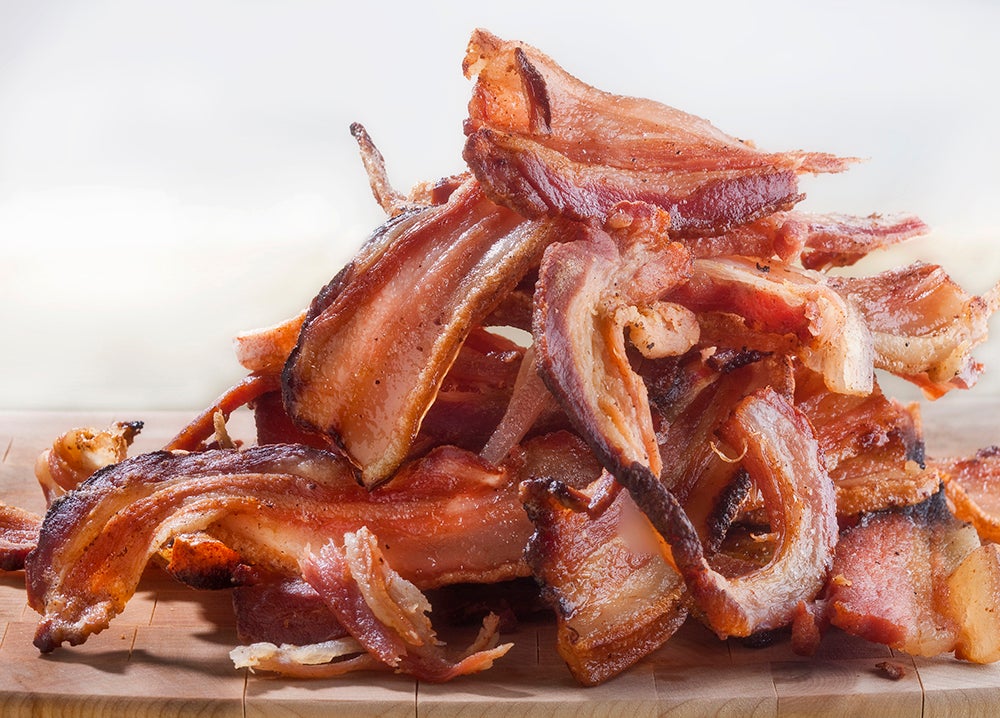World Health Organisation insists it is not telling people to stop eating bacon after cancer report
A spokesperson said the International Agency for Research on Cancer report that listed processed meats as group one carcinogens only confirmed findings from 2002

Your support helps us to tell the story
From reproductive rights to climate change to Big Tech, The Independent is on the ground when the story is developing. Whether it's investigating the financials of Elon Musk's pro-Trump PAC or producing our latest documentary, 'The A Word', which shines a light on the American women fighting for reproductive rights, we know how important it is to parse out the facts from the messaging.
At such a critical moment in US history, we need reporters on the ground. Your donation allows us to keep sending journalists to speak to both sides of the story.
The Independent is trusted by Americans across the entire political spectrum. And unlike many other quality news outlets, we choose not to lock Americans out of our reporting and analysis with paywalls. We believe quality journalism should be available to everyone, paid for by those who can afford it.
Your support makes all the difference.The World Health Organisation (WHO) has insisted it is not telling people to stop eating bacon and other processed meats after a report claimed they could increase the risk of cancer.
Farmers and the meat industry reacted with outrage when the organisation’s International Agency for Research on Cancer (IARC) put ham and sausages in the ominous-sounding “group one” of carcinogens, which includes formaldehyde, gamma radiation and cigarettes.
Eating just a 50g portion of processed meat – or two rashers of bacon - a day increases the risk of bowel cancer by 18 per cent, the experts concluded.
But the WHO has sought to ease panic by emphasising that the findings only confirmed recommendations made back in 2002, which advised people to moderate their consumption to reduce the risk of cancer.
“The latest IARC review does not ask people to stop eating processed meats but indicates that reducing consumption of these products can reduce the risk of colorectal cancer,” a spokesperson said, noting that the organisation had received “a number of queries, expressions of concern and requests for clarification”.
A group of WHO experts regularly evaluate links between diet and disease, he added, and are due to start looking at the impact of processed and red meats on public health early next year.
The clarification will come as a relief to dismayed bacon lovers around the world, who have been using the hashtags #FreeBacon, #Bacongeddon and #JeSuisBacon to express their incredulity on Twitter.
Austrian politician Andrae Rupprechter posted a picture of himself on his Facebook page with a platter of cured meat, calling the WHO report a “farce”.
Meanwhile, the agriculture minister in neighbouring Germany, Christian Schmidt, said ”no one should be afraid if they eat a bratwurst every now and then”
He likened sausages to sunshine, which he said had beneficial effects if taken in moderation, adding: “It always depends on the amount. Too much is unhealthy.”
Additional reporting by Reuters
Join our commenting forum
Join thought-provoking conversations, follow other Independent readers and see their replies
Comments